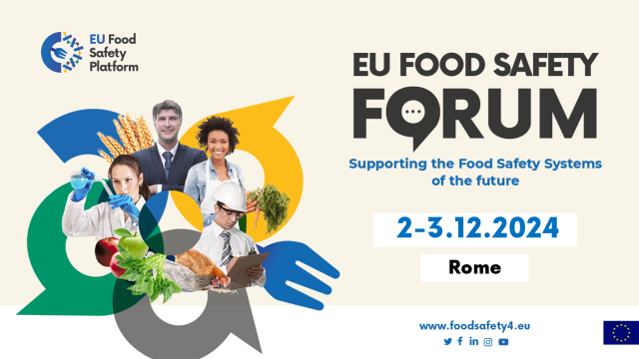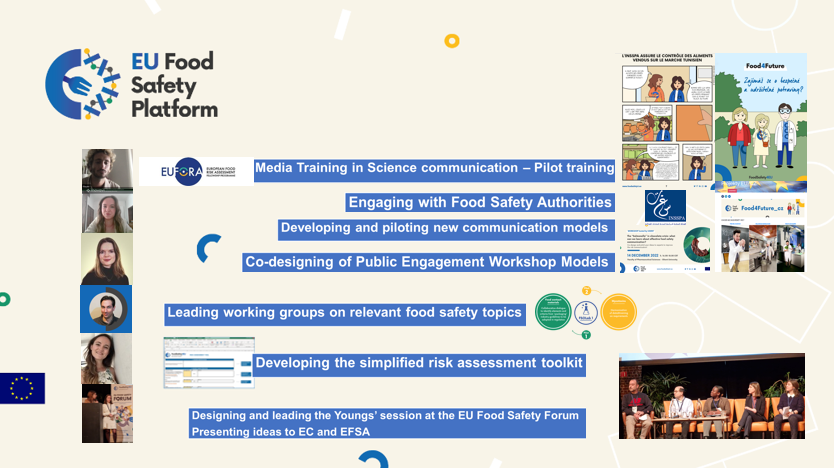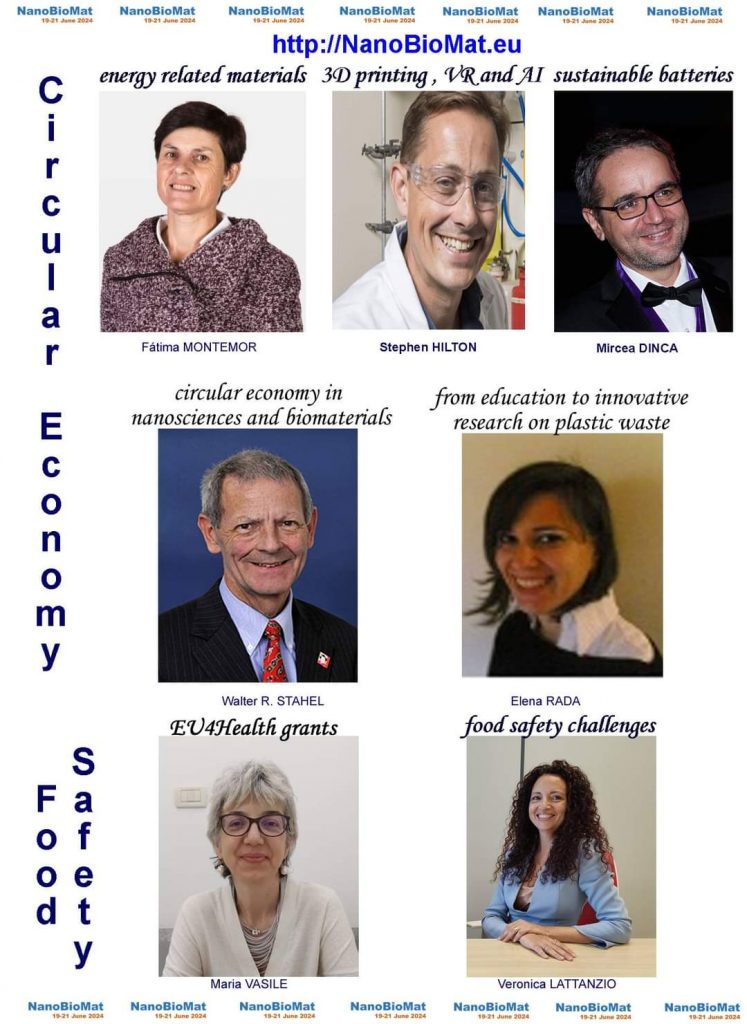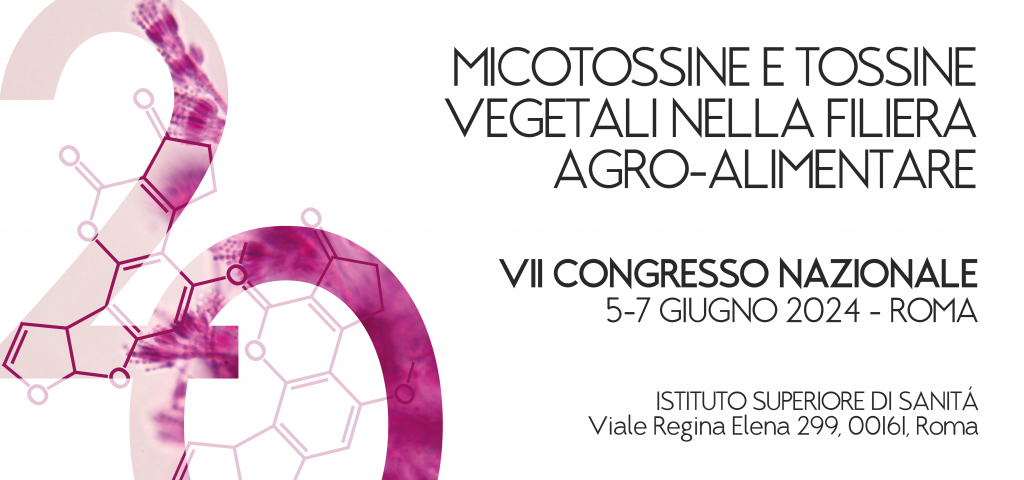The 2nd EU FOOD SAFETY FORUM will be held on 2 and 3 December 2024 in Rome, at CNR– Consiglio Nazionale delle Ricerche headquarters.
The Forum will gather our members to shape and share new input and vision for the EU Food Safety Systems of the future, by:
- looking at the future with institutions in a multi-stakeholder framework
- updating the SRIA – Strategic Research and Innovation Agenda
- exploiting results and best practices from ongoing EU projects
- powering fresh ideas from young researchers and innovators.
Free participation
Registration is open! click the button below!





